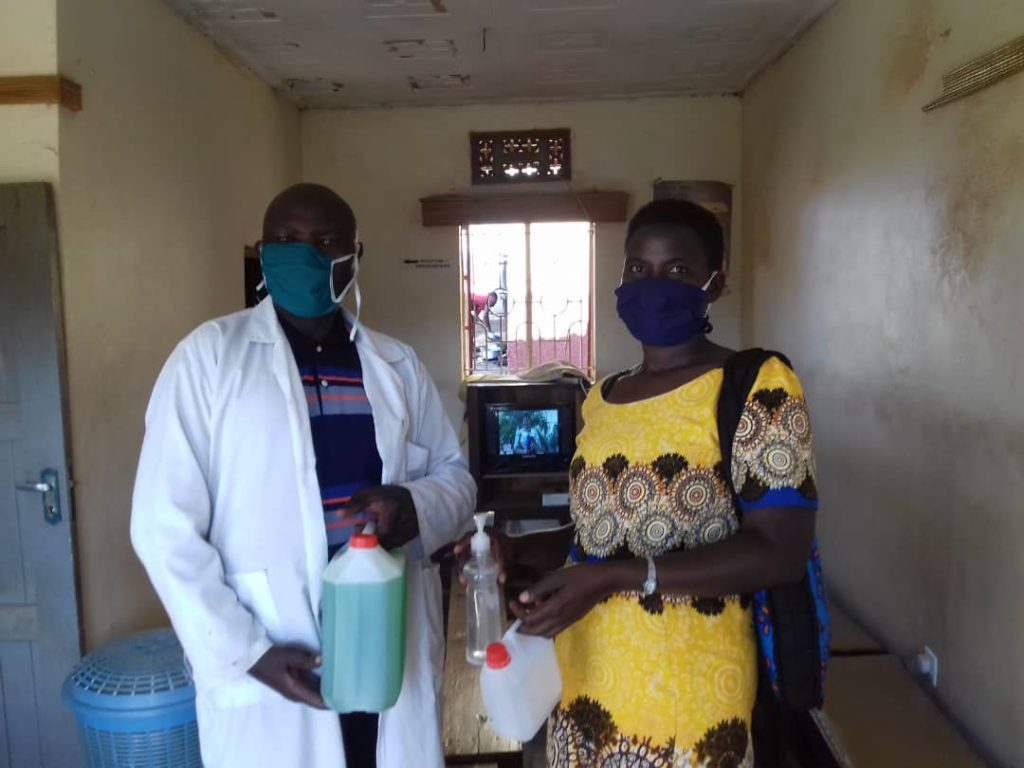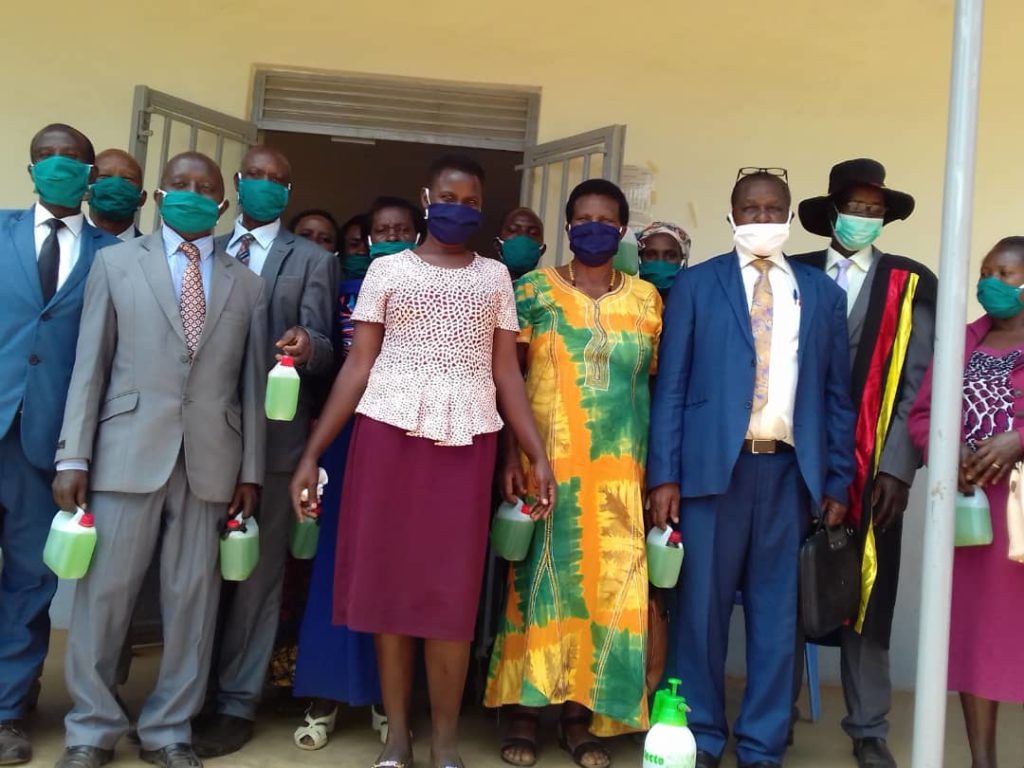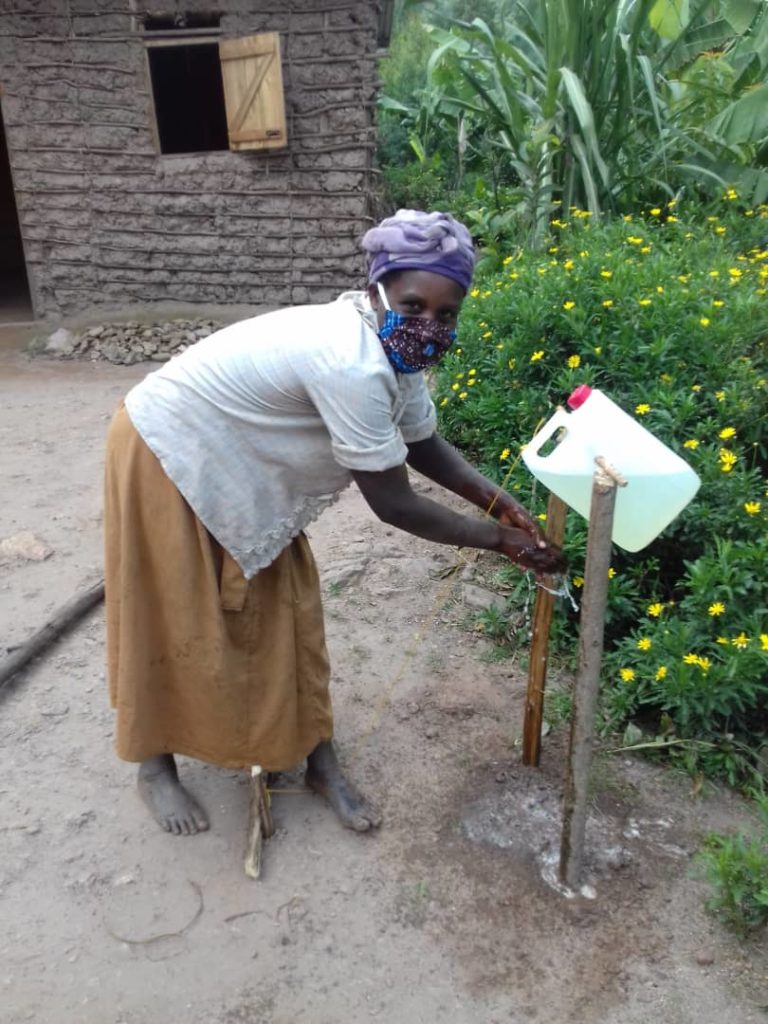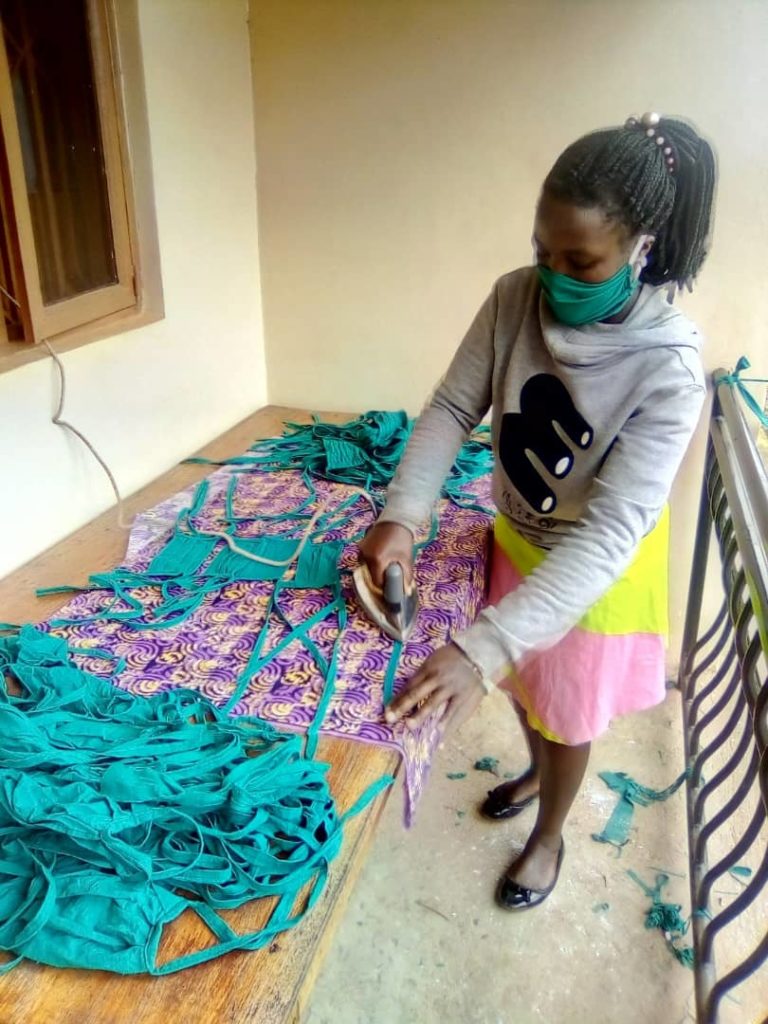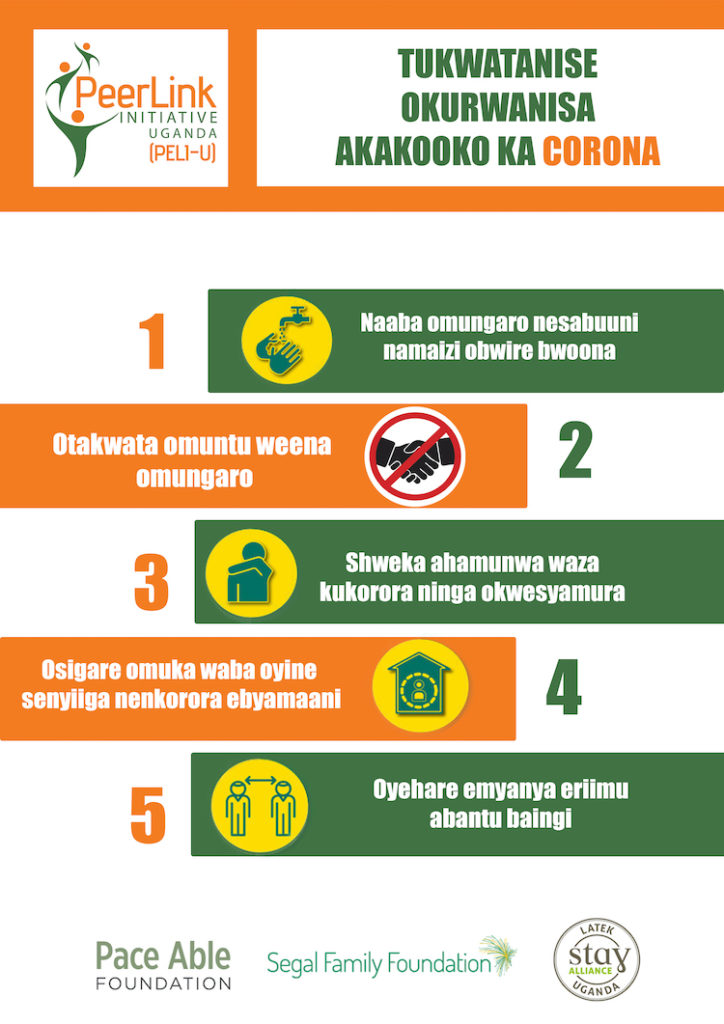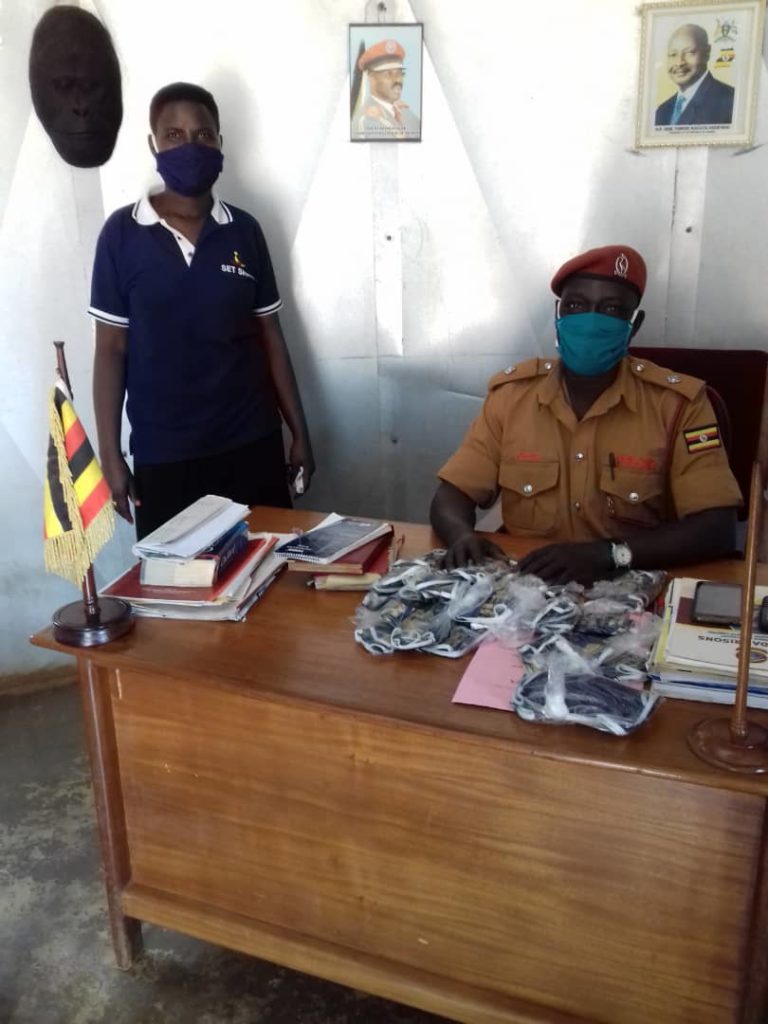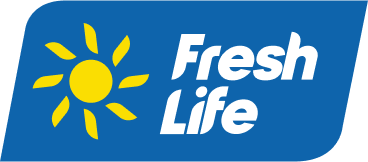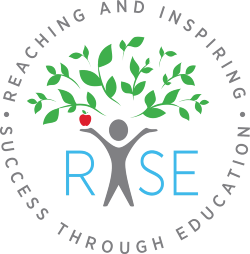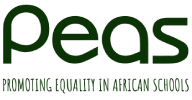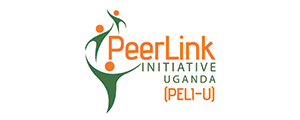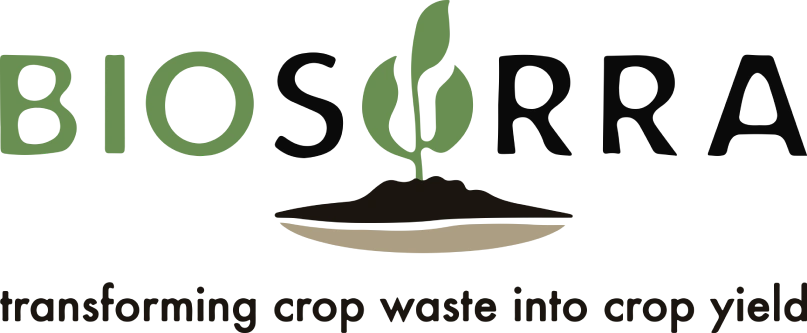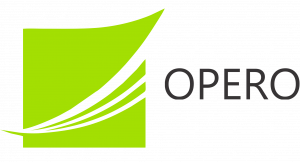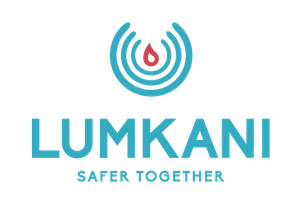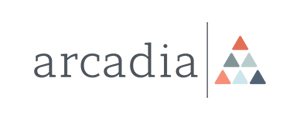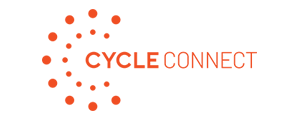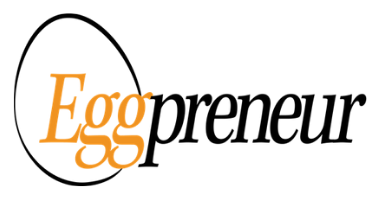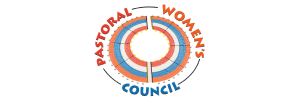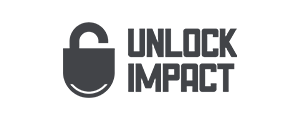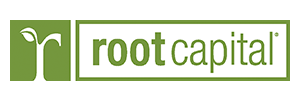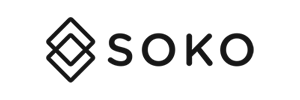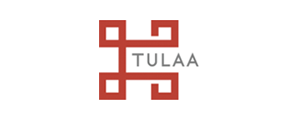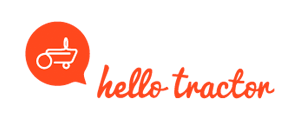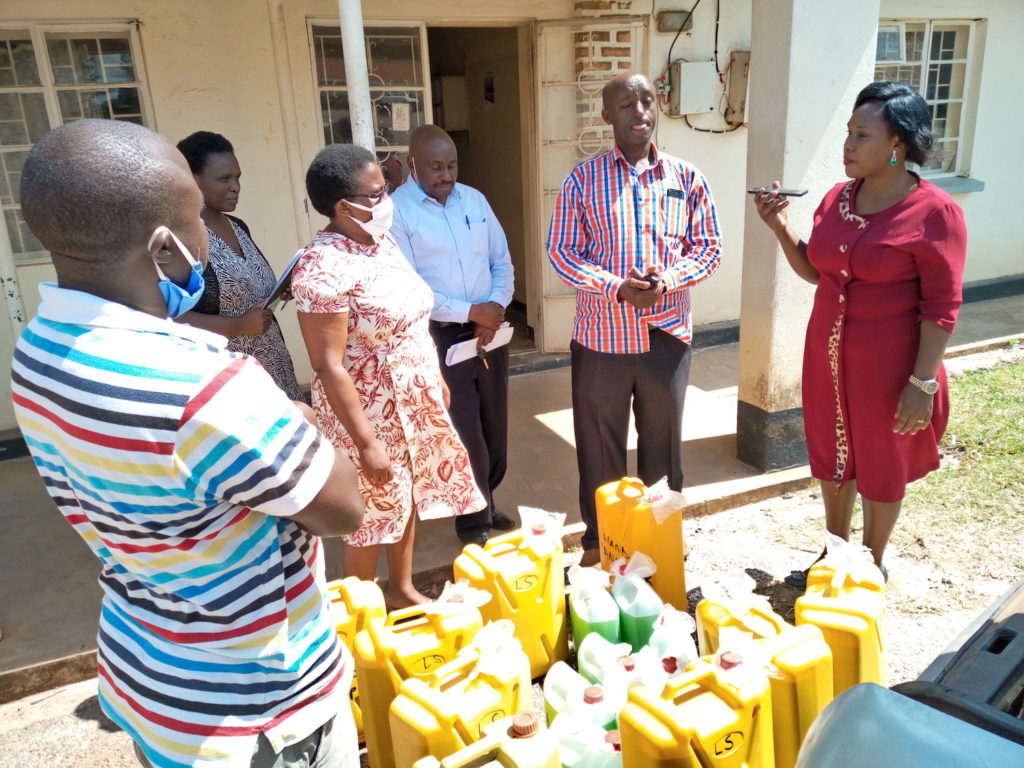
How community-based organizations can shift their mission during the pandemic, without losing their vision.
By Olivia Mugabirwe | Executive Director of PeerLink Initiative Uganda
The coronavirus pandemic has affected every social venture in the world. From international NGOs to rural community-based organizations like ours in Uganda. Funding for many has stalled or dried up. And many changemakers are scrambling to meet the needs of their beneficiaries.
Despite all this turmoil, we’ve learned it’s important for some things not to change: your reason for being and the grand vision for the future. Your organization might make quick pivots in the short-term to survive or help your beneficiaries survive. But your long-term theory of change should remain intact.
Here is how PeerLink Initiative Uganda (PELI-U) is navigating this delicate balance during the pandemic. And nine lessons learned so far that may help other community-based organizations in this trying time.
A CONDUCIVE & SUPPORTIVE ENVIRONMENT
First, some background on us. PELI-U is a children, youth, and women-focused NGO. We work in Nyarushanje subcounty, Rukungiri District, in south-western Uganda. Our subcounty is made up of small agricultural communities. Although there are a few institutions. Like primary and secondary schools, a mission-founded private hospital, and a small prison.
PELI-U started many local programs to support teenage girls, then extended to the entire community. These include tailoring and catering skills training for out of school youth and women, a central community library, eight satellite libraries, and sexual reproductive health education. One of our flagship projects is an initiative Pace Able supports. It’s a household-based primary school-aged reading program, which impacts the child, parents/caregivers, and surrounding neighbors. Like Mugyenyi Julius – a casual worker who used to spend all his time in the field making bricks with no time for his children. Now, he spearheads a reading program every Sunday afternoon with his family.
We use a whole community approach and work through a community library and empowerment center. This center serves as a one-stop where community members access services in education, skills development, and health.
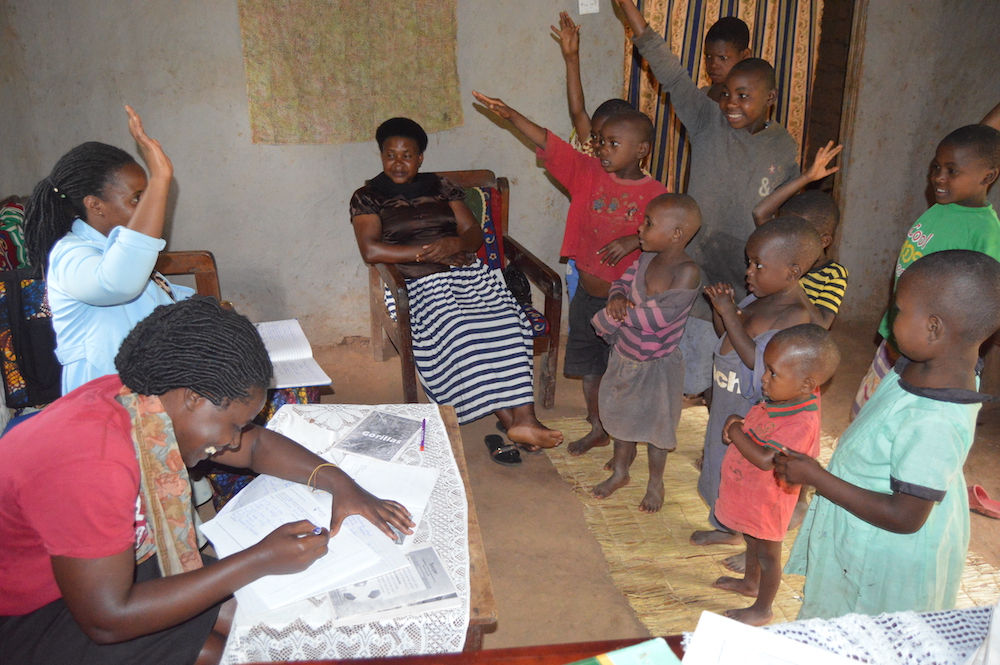
OUR COVID-19 RESPONSE
March started as a normal month for PELI-U – probably the same for many organizations. Then almost overnight, the pandemic hit, Uganda’s lockdown went into effect, and everything had to close. We began working remotely with WhatsApp and phone calls. And devised means of how to serve the community, providing information and support to people we work with.
Our tailoring units used to make bags. Now we are making reusable masks. We’ve produced and distributed more than 1,500 to the district health office, subcounty administration staff, the police and prison unit, health center staff, and other community members. We’re making liquid soap. It used to be a skills program for youth. Now 1,300 liters of soap and sanitizer we’ve produced are saving lives with vulnerable community members. We’re working with 30 village health team members. They’re training on the phone, making visits to install tippy taps in homes, and teaching people in their community proper handwashing. And we’re providing essential commodities for elderly people and vulnerable households in four parishes. We’ve reached 80 people so far.
The reading program continues. Parents lead reading sessions, expanding children’s oral language with games, folk tales, riddles, proverbs, and other forms of indigenous knowledge. Our community-based satellite libraries are much more relevant now as potential outlets for reading and learning materials. We have printed National Curriculum Development standardised self-study packages for core subjects. These packages for primary and secondary learners will be distributed via parish-based satellite library structures. Working with primary school teachers, we have selected material ranging from A to Z, to African storybook websites which we have distributed to 135 children in 20 households. We are translating storybooks from English to Rukiga-Runyankore (the mother tongue of the area). And we plan to distribute them to households to enhance parents’ participation in the reading sessions and children’s knowledge of the mother tongue.
In the midst of these pivots, we noticed community members still needing to get water despite the lockdown. Social distancing at the wells was impossible as people congregate in a small area. So we set up posters and sent volunteers to teach children to fetch water safely and wash hands, guarding against corona.
In summary: some of PELI-U’s core programs continue, while we remain agile in meeting the needs of our community in new areas.
LESSONS LEARNED SO FAR
Throughout this pandemic, we’ve remained resourceful, practical, and locally rooted. Here are the lessons we’ve learned. These topics may apply to other community-based organizations making quick pivots during Covid-19.
- Recruit a team that shares the vision and mission. With the right staff in place, anything is possible.
- Knowledge of community is key. So is community involvement and strengthening structures. CBOs need to be rooted in the community and driven by the community. This leads to trust.
- Don’t forget about local government support. Especially in rural areas with spread-out villages. These officials within local government structures are critical partners.
- Build relationships with donors and engage them in continuous conversations. Our post-investment advisory with Pace Able and our African Visionary Fellowship (through Segal Family Foundation) are essential.
- Ask those funders for emergency support for emerging issues. Covid-19 has necessitated innovation and trying new things. It’s something the world is dealing with for the first time. So we’re all given an opportunity to innovate around the changing needs of communities.
- Aim for more dialogue with international partners. We all need more listening and sharing experiences. This is a time when almost everyone is not stable. Be patient with each other.
- Make the appropriate use of technology. Even small, rural CBOs can think of simple tech solutions. Like our computers in community libraries. They can be utilised by teachers to create content for students locked at home. Our members are familiar with WhatsApp. And we are relying more on it for one to one communications, staff coaching and capacity building, and to send pictures, as well as introducing capabilities like group chat.
- Education reform in any culture is difficult work. Change has to proceed both from the governmental level and the grassroots level. And both levels must be aligned.
- Parents/caretakers are an important intangible force. They contribute greatly to children’s learning. Their role in education has become more clear during the Covid-19 era. There is thus a need to step up efforts to empower parents to facilitate household-based reading and learning activities.
We hope these lessons learned help you during the pandemic.
